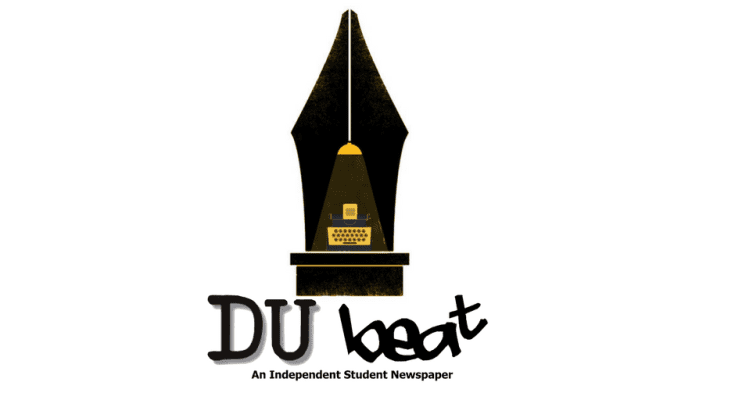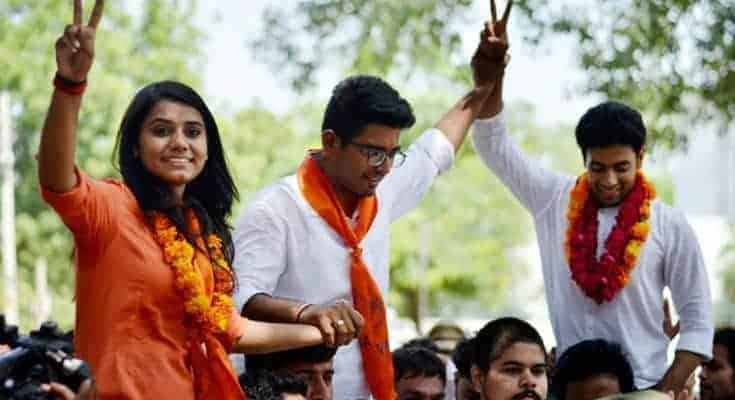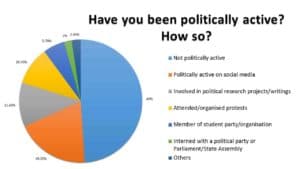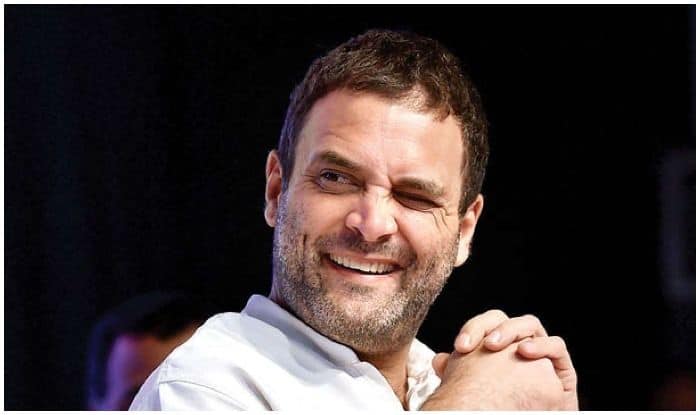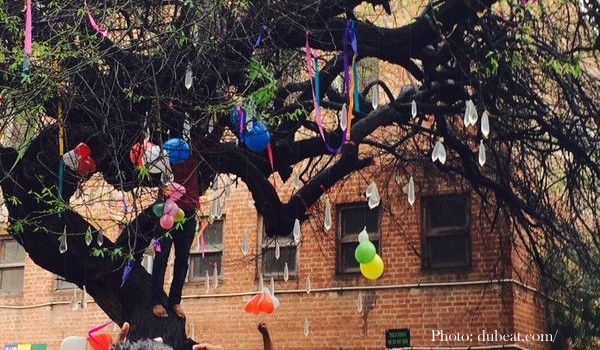Clashes between the students and administration broke out at Vivekananda College Friday as students with low attendance were denied admit cards. The administration is allegedly manhandling the students, the teachers not signing the medical certificates, and the Students’ Union, too, is being uncooperative.
Violence broke out in Vivekananda College on Monday when the students whose attendance fell short were not given admit cards. These students also went on a hunger strike from the 30th April to the 1st May.
On 25th April, a list had been circulated, which mentioned the names of students whose attendance was lower than 67%. It also said that these students were not applicable for receiving admit cards unless they presented a medical certificate. The students’ pleas to the administration went unanswered, so they resorted to violence, breaking the windows etc. of the college.
The strike finally came to a halt when the officiating Principal, Dr Hina Nandrajog, met the students. Priyanka, the President of the Students’ Union, said that the Principal agreed to accept medical certificates for the fifth and the sixth semesters. According to our sources, many teachers have refused to sign the medical certificates saying that it is ‘unethical’ and they might lose their jobs if they do.
The detained students haven’t been allowed to enter the college in the last two days, security forces have been deployed to stop them from coming in. A new rule dictates that the students must be accompanied by teachers in order to enter college premises. According to the protesters, the teachers have stopped answering their phone calls.
“Students have protested and a hunger strike also happened but the admin remains unshaken. Now she (the Principal) has banned our entry in the college and there is police force to stop us from entering our own college. We are the ID card holders of the college and still, we are not allowed to enter…(sic) So, I guess that isn’t fair. Though we have short attendance, I guess the principal should listen to us and provide us with a solution rather than just declaring that we need to repeat the session,” said a detained student who wished to stay anonymous.
For many students, the semester exam begins on the 6th of May, and for some, the looming fear of repeating the session hangs in the air. “Some people could have genuine issues and some students have financial issues and cannot repeat the session at any cost. What about them? I do understand the rules of the college but there is a solution if the principal is fair enough,” added another student.
Priyanka denied the allegation that students couldn’t get their medical certificate signed. “They stirred up violence in the college, they protested, I asked them to calm down but they didn’t listen. They must be polite with the teachers and respect them; nothing can move forward otherwise.”
The protesters, on the other hand, claim that the Students’ Union has barely shown any support.
“They didn’t work for us all year, they don’t even come to college these days, they told us that they need to study for their exams and stayed home while we were being manhandled by the administration and the police. How do we trust them?” added another detained student.
“I waited outside the college gate in this heat for hours today, they wouldn’t let me in,” said a detained student “I don’t know what options do we have left anymore, we wrote applications to the principal, Dean of social welfare and the Vice Chancellor of the university. We are awaiting their response.”
Speaking to DU Beat, Sidharth Yadav, State Secretary, Akhil Bhartiya Vidyarthi Parishad (ABVP) Delhi said, “Students from various colleges are suffering because the university is strictly imposing the requirement for minimum attendance but have ignored the prerequisite condition of the minimum number of classes in an academic year. ABVP has taken up the issue in various colleges like Vivekanand, Ram Lal Anand, Ramanujan, Janaki Devi Memorial College, Jesus and Mary College, amongst others and we are fighting so that students don’t suffer. The strike by the Delhi University Teachers’ Association (DUTA) had suspended the classes for a long time and so the students are at the suffering end. Few colleges are even not accepting medical certificates or are not acknowledging ECA certificates. This is a sad state. We demand that either university should have organised tutorial/remedial classes or there should be relaxation to the criteria.
In a video posted online, protesters are seen banging against the big black metal college gate in a fit of rage, they swing it around in hopes to break it open. In light of the same, many from both the teacher and the student community are of the opinion that it was the protesting students who were in the wrong. “These students have very low attendance,” says Bhavya, a student of Vivekananda College. “After being denied the admit card, they resorted to violence. Windows were shattered and they were abusing our principal, after which the principal decided to call the police. A friend told me that the protesters tried to disrupt the practical exams last week. Their behaviour towards the administration was completely unacceptable and wrong.”
The President ensures that most of the students will get their admit cards by Monday; however, the protesters remain doubtful, their future uncertain.
Image Credits: DU Beat
Jaishree Kumar

